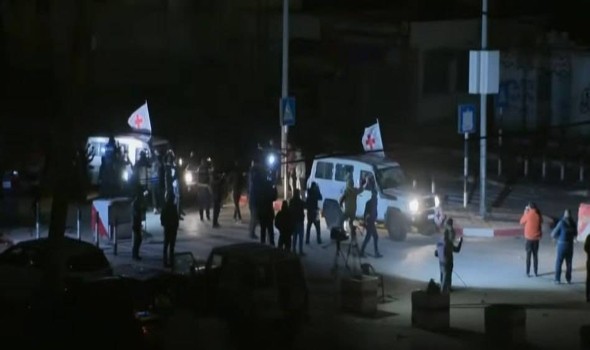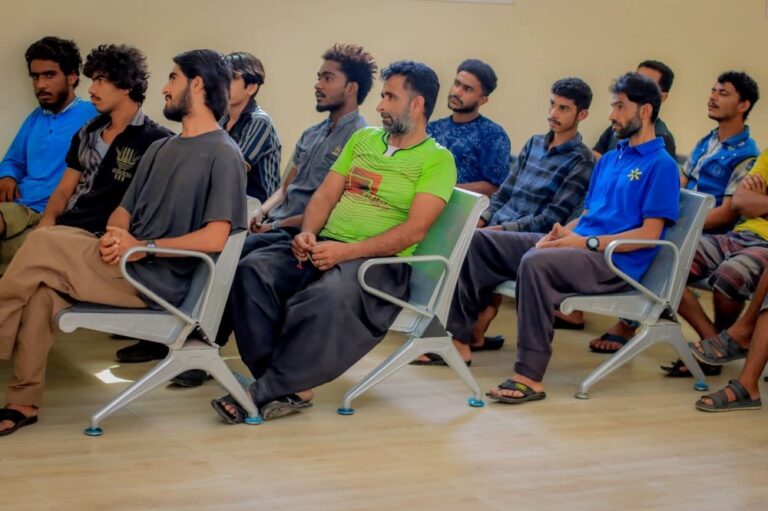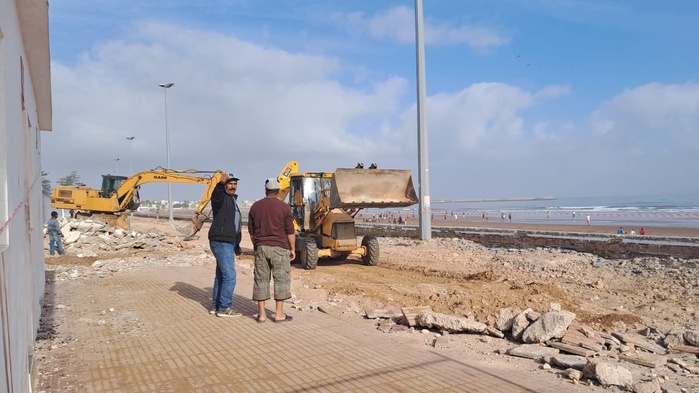– Advertisement –
The recent suspension of two Alkalos for their suspected involvement in illegal land sales has once again brought to light a festering problem that threatens the integrity of land administration in The Gambia.
Reports of individuals and groups unlawfully selling lands that do not belong to them have become disturbingly frequent. This alarming trend not only undermines public trust in local governance but also endangers the livelihoods of ordinary citizens who often invest their life savings in land ownership.
What makes this issue particularly troubling is the apparent collusion between these fraudulent sellers and certain officials in government offices. These insiders reportedly manipulate or falsify land documents in exchange for a share of the proceeds. Such corruption within the system makes it almost impossible for the average Gambian to verify land ownership with confidence.
– Advertisement –
The result is chaos, multiple claims to the same plot, endless court battles, and the erosion of faith in institutions meant to protect property rights. Worse, there is always a danger of these struggles turning violent. It will be unfortunate if lives were to be lost due to such activities.
The role of the Alkalos in this problem must also be scrutinised. As custodians of community lands, they are expected to act as gatekeepers of integrity, ensuring fairness and transparency in land matters. When those entrusted with such responsibilities become part of the problem, the system collapses from within.
However, it is also worth noting that some Alkalos operate under immense pressure, with limited knowledge of land laws and procedures — a weakness that fraudsters exploit.
– Advertisement –
To solve this problem, government must take bold and sustained action. Firstly, there is a need to digitalise land records to prevent forgery and manipulation. A centralised and publicly accessible land registry will reduce human interference and corruption.
Secondly, routine audits should be conducted in both local and central land offices to identify and punish corrupt officials. Thirdly, the roles and powers of Alkalos in land allocation must be clearly defined and regulated, accompanied by mandatory training on land governance and ethics.
Furthermore, public awareness campaigns should be intensified to educate citizens on proper procedures for buying land and verifying ownership. Only an informed public can resist and report fraudulent practices.
The illegal sale of land is not a mere administrative hiccup; it is a moral and legal crisis. Unless tackled decisively, it will continue to rob Gambians of their peace, property, and trust in governance. The time for half-measures is over – accountability and reform must begin now.
As the saying goes, a stitch in time saves nine.












